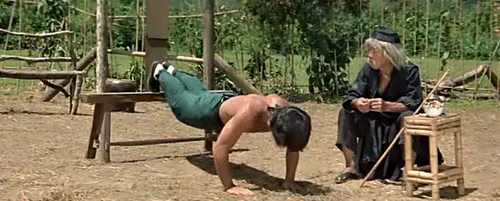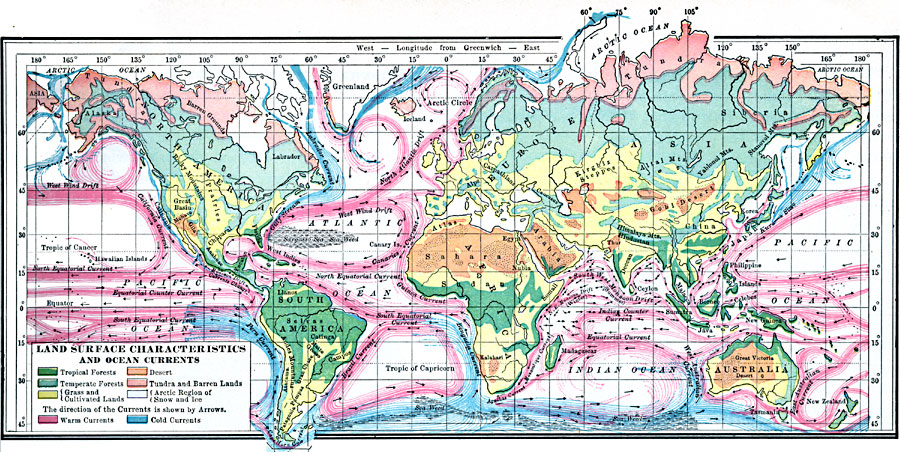
It’s a New World.
Increasingly…appropriately…”Mentorship” is showing up as a subject of discussion, aspiration and recommendation as well as, I think, becoming newly seen as a critical resource in the equation of a healthy, growing and evolving business culture.
Back in the day, “…find a good mentor…” was more or less standard advice given to young people as we entered the World of Business. Find a mentor to guide one through the hallowed halls of corporations and commerce; that’s how one learns, that’s how one navigates, that’s how one wins.
Once every two or three weeks, the Mentor would take the Protégé (I don’t remember ever hearing “Mentee” before the ’00’s; though Merriam-Webster says 1965) to an expensive lunch; the conversation during which might include anecdotes, bits of information on the best way to approach a task or job, recommendations for research and reading, offers of introduction to Key Contacts in the (mostly Good Old Boy) network, where to buy suits, advice in response to questions asked and – all in all – pretty much a top-down Bestowing of Knowledge. That’s how it worked.
Things have changed a bit.

Here’s where I’m going:
The definition and perception of “Mentor” and “Mentorship” must change.
[For purposes of this hypothesis, btw, I’m defining “generation” as about 5 years.]
- To truly be effective and relevant; the process and the practice of Mentoring has to evolve, exponentially, as generation after generation has and continues to emerge and merge with the workforce – each of which generation brings new knowledge and experience onto the field with them that those even just preceding them require in order to navigate and remain proficient.
- This does not, though, negate or supersede the need for knowledge gained from time put-in; from having been a part of and navigating successfully in the workforce. The past remains prologue, notwithstanding.
- Generations: of people, certainly; but also of technology, the shrinking of the globe and the mixing of cultures and how these things affect individuals, interaction and communication among them.
- The perception of who is or can be a Mentor must be redefined.
Even now; Mentorship seems, when considered and discussed, for the most part still seen as linear and top-down. It’s an old-fashioned mindset that seems often to remain the filter through which people consider and perceive it.

No longer. The archetypal mindset of Mentoring must be deconstructed, broken into its elements, repurposed and repositioned for a new world.
- Mentorship in this century can be neither linear nor top-down.
- Mentorship is not “Teaching.”
- A Mentor does not lecture.
- There can no longer be a hierarchy of knowledge possession.
- The definition of who is or can be a Mentor must be redrawn, evolved (there’s that word, again!).
- Knowledge and Experience are renewable resources that call for sharing; and they grow stronger the more broadly and openly shared they become.
Ultimately;
- Anyone who knows more than another about a Specific Thing – or has more experience in said Thing – is, at and in that moment, a potential Mentor for the Other(s). Right then.
As new demographics – new generations who have learned to think and interact with the world in ways completely foreign to those who’ve been around for a few years (“few” being subjective) – join the workforce, the ways successive groups perceive one another need to open up. The latter cannot supplant the former; as the former don’t plan to leave the force, anytime soon.
Entitlement meets defensiveness and resentment and we all fall short of what’s possible.
In his book, Wisdom @ Work, Chip Conley discusses the powerful synchronicity between the ways that Younger Minds work in relationship to the minds of the Elder Generations. That being; one is quick, reactive and nimble while the other takes a more studied, responsive approach of consideration. The outcome of work produced by mixed-generation groups in collaboration, then, tends to be the most successful.
He also cites the example of the culture of the world’s largest accommodations provider (that owns no real estate) in illustrating the fluidity of what can constitute a potential Mentor, given context. In the bubble of that culture, the 28- and 29-year olds are the practical “elders” as the predominant rank-and-file employees are closer to 25. With that, institutional knowledge resides, still, in people under-30.
He was 52 when he joined that culture. Short story: he mentored and was mentored, to success in all directions.
Every place is different.
I’ve cited, before, my experience of recalibration when working and teaching at Apple SoHo. I walked into that store on my first day to 300+ fresh-faced and energetic 20-somethings and felt and saw myself as the Walmart Greeter. I would never fit in.
In a Manhattan Moment, in the days that followed as I joined the team on the floor and in the theatre, I experienced an atmosphere of curiosity, respect and engagement; of information sharing and seeking as age became irrelevant and – in some cases – a source of curiosity. Learning who we all were “before-“ or “outside-Apple” was ongoingly revelatory…and a source for the regular talent shows on staff meeting nights.
Community was born and grown, effortlessly.
Call to Action : Create a Culture of Mentorship
Many young people or people entering new fields sense a need for a welcoming, enlightened and enlightening, guiding voice.
Many elders with decades of experience find fulfillment in the sharing of knowledge gained over the course of those years in support of new minds, new visions, new businesses and careers.
It is incumbent in and beyond this century that we create a Culture of Mentorship; wherein everyone can be both mentor and mentee, everyone can guide, everyone can learn at any given moment and everyone is respected from the get-go for what s/he brings to the table.
“How we’ve always done it…” as a response is way out of date, but in the answer to why it was done a certain way we may find the door or pathway to the answer to how something might best be done, now.
This can transform “how we’ve done it…” into an answer, a precursor, a process of history rather than a defensive sword to be wielded. Here’s how, here’s why, here’s what we got… Now, what do you see as a different solution…one that may perhaps be better, given the Now?
In the hallway, in the cafeteria, over coffee or at the water cooler as well as in a board room. Any encounter with another might be an opportunity for mentoring. If a company or institution creates a Culture of Mentorship wherein anyone with a question or questioning look on the face can be met with “got a question?” or “what’s on your mind?” – if any staff member, in particular a new one, is always and unfailingly met with openness and welcome and the intent to help indoctrinate and incorporate that person into the fold / onto the team: the job is well on the way to being done.
This is going to require a lot of ego-relinquishing…from all parties interested in succeeding in the realization of personal or professional vision.
It is also going to require a practice of Assumption Exploration and ongoing relinquishing of said Assumption. That “kid” across the table might actually know some stuff; as, conversely, might that white-haired person with the limp who might at first glance look like someone ready to retire.
An awareness of our ingrown habit of Assuming from what we think we see and the jettisoning of presupposition will serve us all, across the board.
Open with the desire to learn who has preceded and fresh precedents will be set.
It’s a new conversation and a new way of thinking when all the chips in the room are for dipping rather than the adorning of shoulders. N’est-çe pas?

Mentorship as currents in the ocean might be an apt metaphor; information swirling in all directions, depending on need and source. I believe that this is where we need to go as businesses, as cultures, as people: seeing one another as beings of myriad, disparate experience; each of us with value and perspective to share.
Community. A Culture of Mentorship.
Can we do that?
——————————————————————————————————————
Popular throughout the Milky Way and Andromeda Galaxies,
“IMHO: Creating Compelling Experience”
remains a free download from the Apple bookstore and iTunes.
Seriously: Free. That’s the link, right up there.
